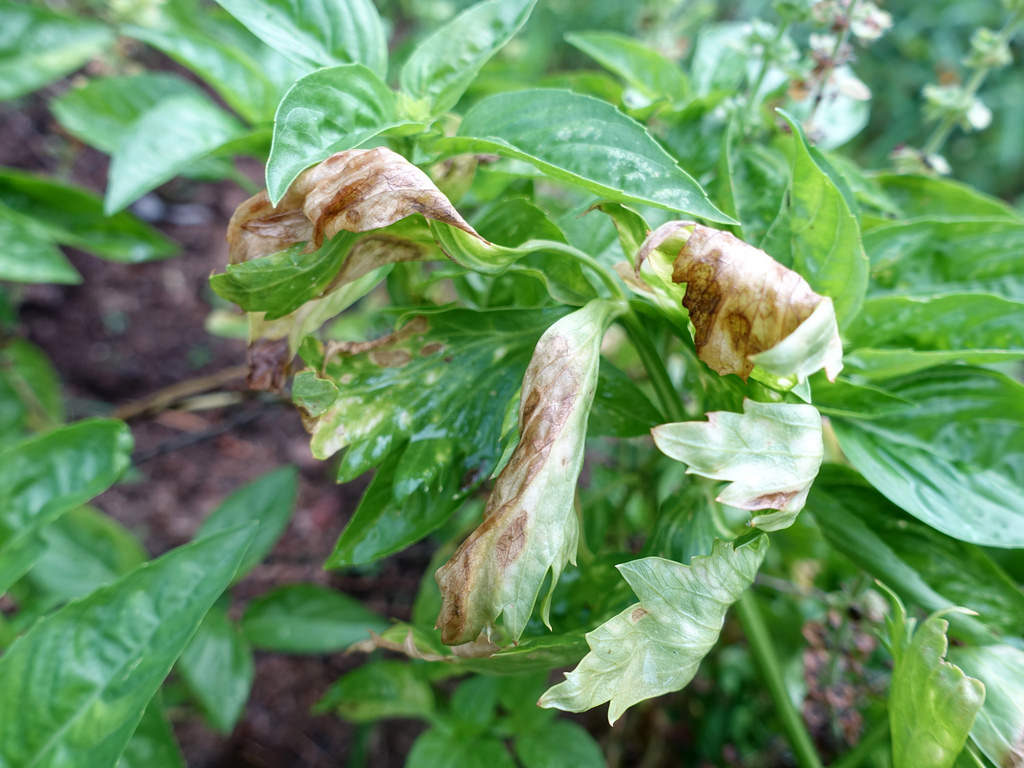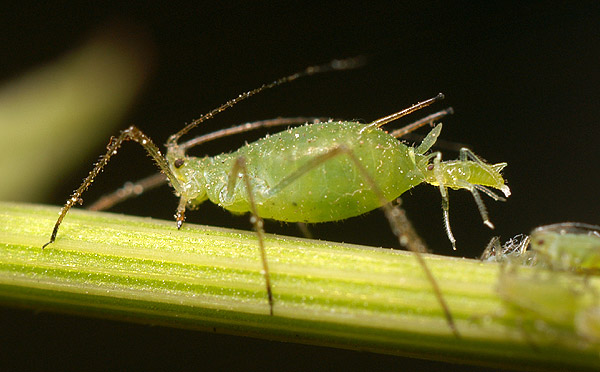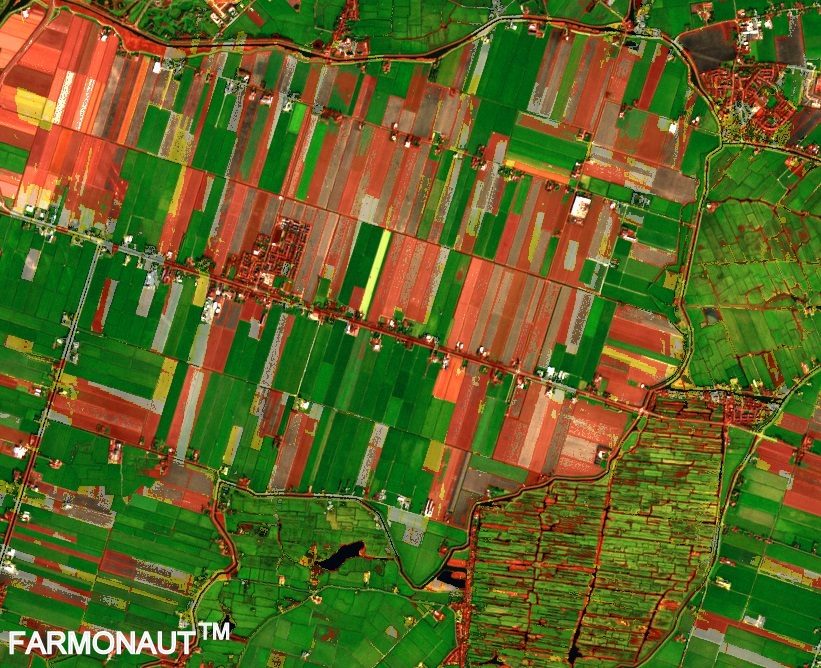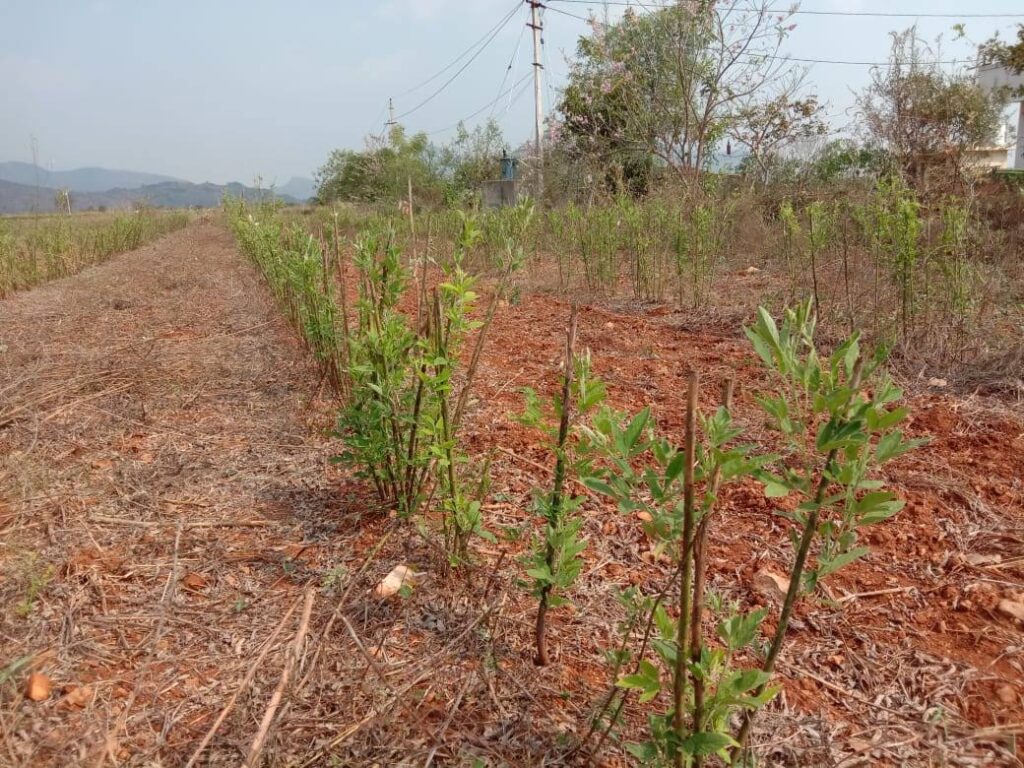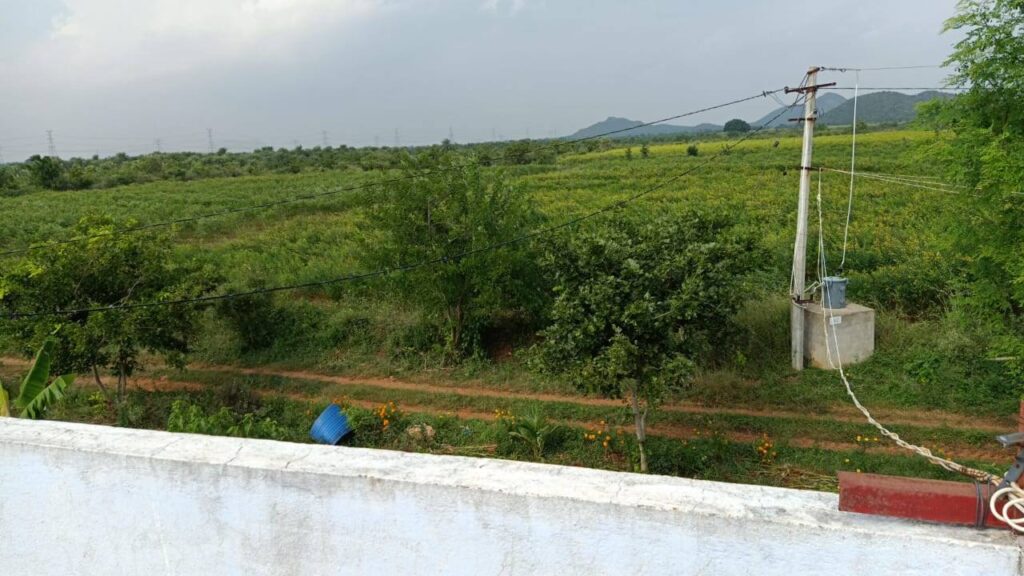Farmland REIT Evolution: Navigating Agricultural Investment Trends in Sustainable Agritech
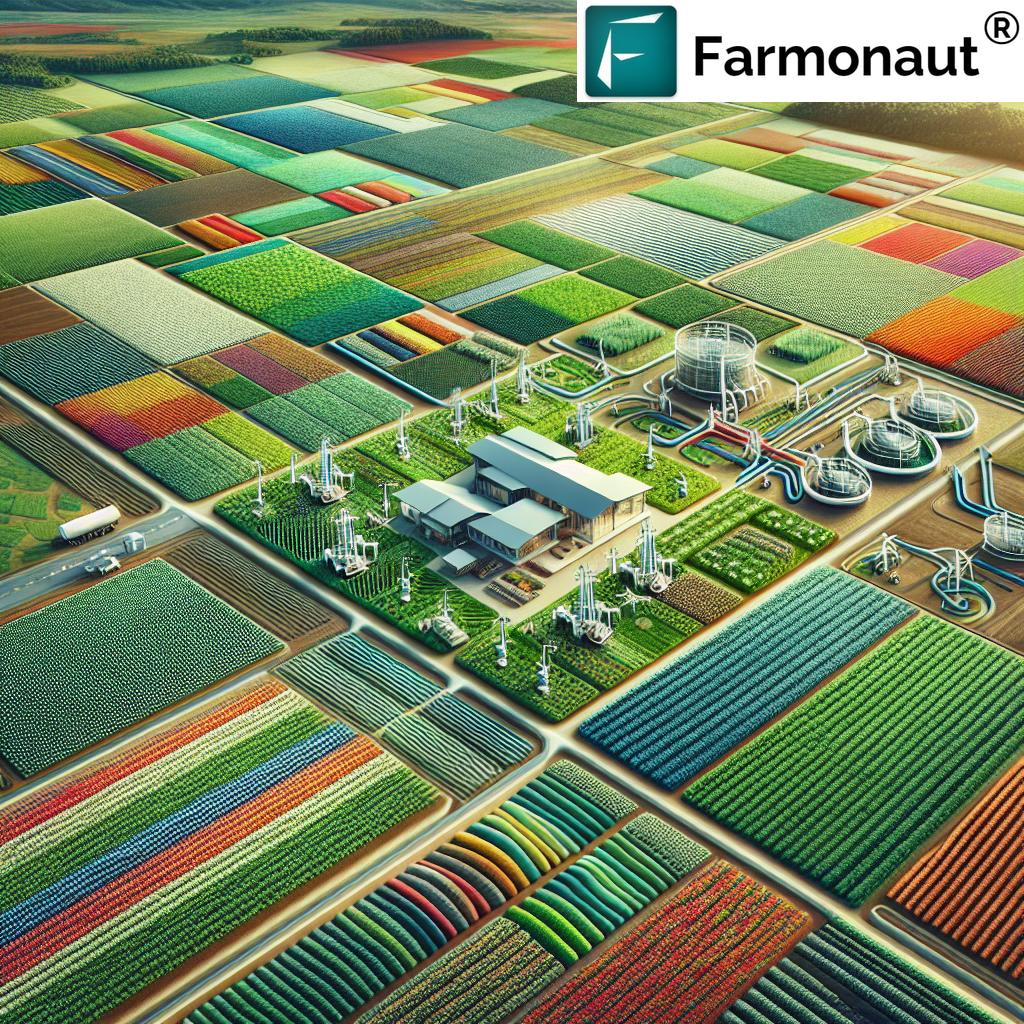
“Farmland REITs have seen a 15% increase in sustainable agriculture investments over the past year.”
In the ever-evolving landscape of agricultural investments, we’re witnessing a significant shift towards sustainable and technologically advanced farming practices. As experts in the field, we at Farmonaut are dedicated to providing cutting-edge solutions that align with these emerging trends. Our mission is to make precision agriculture accessible and affordable to farmers worldwide, and we’re excited to share our insights on the latest developments in farmland REITs and sustainable agritech investments.
The Rise of Farmland REITs
Farmland Real Estate Investment Trusts (REITs) have emerged as a powerful vehicle for investors looking to capitalize on the agricultural sector’s potential. These specialized investment entities offer a unique opportunity to gain exposure to agricultural land investments without the complexities of direct farm ownership. As we delve into the evolution of farmland REITs, it’s crucial to understand their role in shaping the future of agricultural property management and sustainable agriculture investments.
- Increasing investor interest in tangible, land-based assets
- Growing recognition of agriculture as a stable, long-term investment
- Potential for portfolio diversification and inflation hedging
One prominent player in this space is Gladstone Land Corporation (NASDAQ: LAND), a farmland REIT that has recently undergone significant leadership changes. The company’s dedication to organic farming real estate has positioned it as a leader in sustainable agricultural investments.
Sustainable Agritech: A Game-Changer for Farmland Value Appreciation
The integration of sustainable agritech solutions is revolutionizing the agricultural sector, driving farmland value appreciation and attracting a new wave of investors. At Farmonaut, we’re at the forefront of this transformation, offering advanced satellite-based farm management solutions that empower farmers to make data-driven decisions.
“Precision agriculture technologies have boosted farmland value appreciation by up to 8% in certain regions.”
Our technology leverages satellite imagery, artificial intelligence, and machine learning to provide real-time insights into crop health, soil moisture levels, and other critical metrics. This data-driven approach not only optimizes crop yields but also enhances the overall value of agricultural land investments.
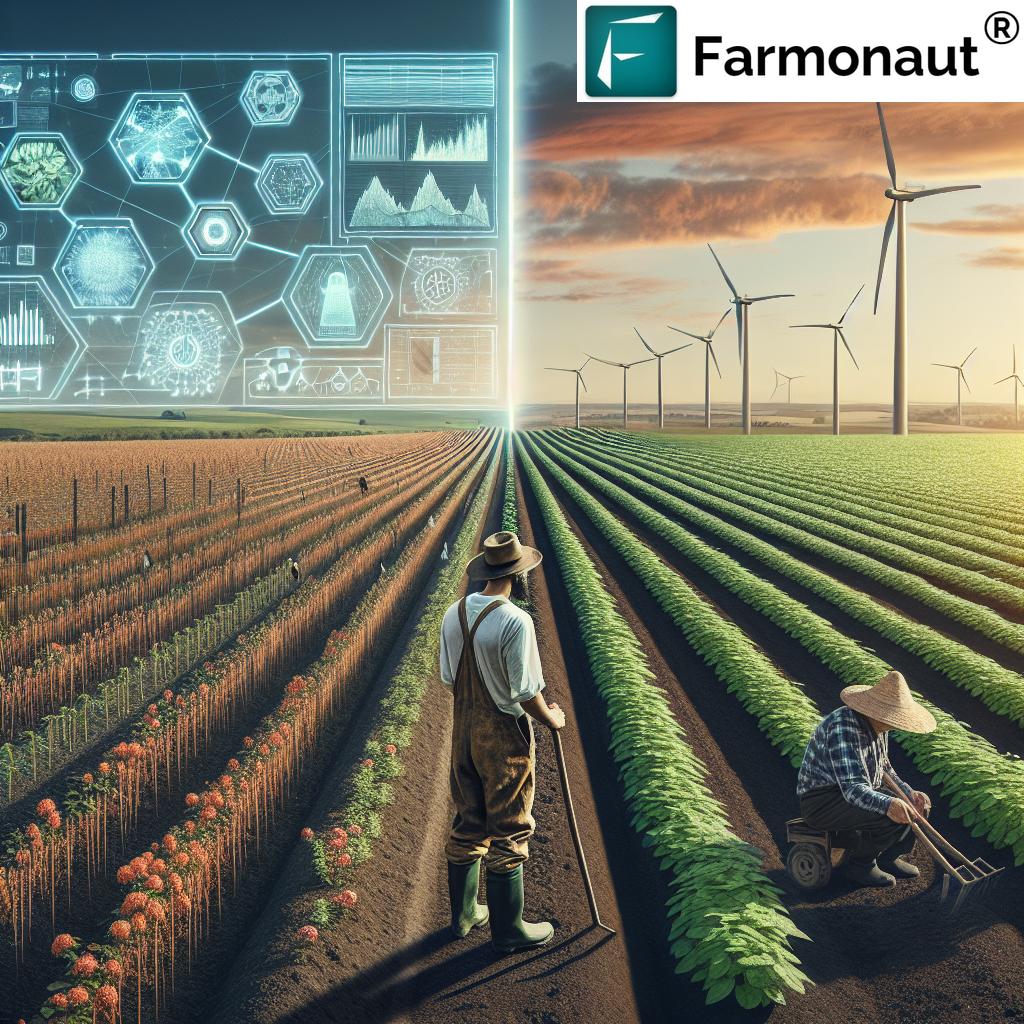
The Impact of Precision Agriculture on Farmland REITs
Precision agriculture technologies are reshaping the landscape of farmland REITs, offering new opportunities for growth and efficiency. As we continue to innovate in this space, we’re seeing a direct correlation between the adoption of these technologies and the performance of agricultural property management strategies.
- Enhanced crop yields through data-driven decision making
- Reduced input costs and resource wastage
- Improved sustainability and environmental stewardship
To illustrate the impact of precision agriculture on farmland REITs, let’s take a closer look at how these technologies are being implemented and their effects on investment returns.
Organic Farming Real Estate: A Growing Niche in Agricultural Investments
The demand for organic produce has surged in recent years, creating a lucrative niche within the agricultural real estate market. Farmland REITs specializing in organic farming real estate are experiencing significant growth, driven by consumer preferences and sustainable agriculture investments.
Gladstone Land Corporation, for example, has focused its portfolio on organic farming properties, recognizing the long-term value and sustainability of this approach. As we at Farmonaut continue to develop tools that support organic farming practices, we’re seeing increased interest from investors in this specialized sector.
- Higher premiums for certified organic land
- Increased demand for organic produce driving market growth
- Alignment with ESG (Environmental, Social, and Governance) investment criteria
Our satellite-based monitoring systems are particularly valuable for organic farmers, helping them maintain the integrity of their crops and comply with certification requirements. This technology not only enhances the efficiency of organic farming operations but also adds value to the underlying real estate.
Crop Diversification Strategies in Farmland REITs
Diversification is a key strategy for mitigating risk in any investment portfolio, and farmland REITs are no exception. By implementing innovative crop diversification strategies, these entities can enhance their resilience to market fluctuations and climate-related challenges.
At Farmonaut, we provide valuable insights that support crop diversification efforts:
- Satellite imagery analysis for optimal land use planning
- AI-driven recommendations for suitable crop rotations
- Real-time monitoring of diverse crop performance
These tools enable farmland REITs to make informed decisions about their crop portfolios, balancing traditional staples with high-value specialty crops to maximize returns and minimize risk.
The Crucial Role of Agricultural Water Rights
In an era of increasing water scarcity, agricultural water rights have become a critical component of farmland investments. The value of these rights can significantly impact the overall performance of farmland REITs, particularly in regions prone to drought or water stress.
Gladstone Land Corporation, for instance, holds substantial water assets in California, recognizing the strategic importance of water rights in their investment portfolio. Our technology at Farmonaut plays a vital role in optimizing water usage through:
- Precise soil moisture monitoring
- Evapotranspiration tracking
- AI-powered irrigation scheduling
By leveraging these tools, farmland REITs can enhance the value of their water rights and ensure sustainable water management practices across their properties.
Financial Performance and Dividend Strategies of Farmland REITs
The financial performance of farmland REITs is a key consideration for investors looking to gain exposure to agricultural land investments. Let’s examine some of the trends and strategies employed by leading REITs in the sector:
- Consistent dividend payouts
- Strategic property acquisitions and dispositions
- Leveraging participatory rent structures
Gladstone Land Corporation, for example, has maintained a remarkable track record of 141 consecutive months of dividend payments, with 35 increases over the past 39 quarters. This dedication to shareholder value demonstrates the potential stability of well-managed farmland REITs.
However, it’s important to note that the agricultural sector faces ongoing challenges, as evidenced by recent financial reports. Farmland REITs must navigate market volatility, climate-related risks, and changing consumer preferences to maintain their financial health and attract investment.
Agritech Investment Opportunities: Beyond Traditional Farming
As the agricultural sector continues to evolve, new agritech investment opportunities are emerging that extend beyond traditional farming practices. At Farmonaut, we’re excited to be part of this innovation wave, offering cutting-edge solutions that open up new avenues for investment in agriculture.
Some of the most promising areas for agritech investment include:
- Vertical farming and controlled environment agriculture
- AI-driven crop management systems
- Blockchain-based supply chain solutions
- Carbon credit markets for sustainable farming practices
These technologies not only enhance the efficiency and sustainability of farming operations but also create new revenue streams for farmland REITs and agricultural investors.
Explore our API solutions at https://sat.farmonaut.com/api to integrate cutting-edge agritech into your investment strategy.
The Role of Satellite Technology in Modern Agricultural Property Management
Satellite technology has become an indispensable tool in modern agricultural property management, offering unprecedented insights into land use, crop health, and environmental conditions. At Farmonaut, we harness the power of satellite imagery to provide real-time, data-driven solutions for farmers and agricultural investors alike.
Our satellite-based monitoring systems offer several key benefits:
- Large-scale crop health assessment
- Early detection of pest and disease outbreaks
- Precise yield forecasting
- Environmental impact monitoring
These capabilities not only enhance the day-to-day management of agricultural properties but also provide valuable data for long-term investment decisions and sustainability reporting.
Sustainable Agriculture Investments: A Long-Term Perspective
As we look to the future of agricultural investments, sustainability is emerging as a key driver of long-term value creation. Sustainable agriculture investments not only address environmental concerns but also offer potential for enhanced returns through improved resource efficiency and market differentiation.
Key aspects of sustainable agriculture that are attracting investor attention include:
- Regenerative farming practices
- Biodiversity conservation
- Renewable energy integration in farm operations
- Water conservation and smart irrigation systems
At Farmonaut, we’re committed to supporting these sustainable initiatives through our technology platform. Our tools enable farmers and investors to track and optimize their sustainability efforts, providing tangible data to support ESG reporting and access to sustainability-linked financing options.
Discover how our Android app can help you implement sustainable farming practices. Download it here: 
Navigating Challenges in the Farmland REIT Sector
While the farmland REIT sector offers compelling investment opportunities, it’s not without its challenges. As we continue to innovate and provide solutions at Farmonaut, we recognize the importance of addressing these hurdles to ensure the long-term success of agricultural investments.
Some of the key challenges facing farmland REITs include:
- Climate change and extreme weather events
- Regulatory changes affecting agricultural practices
- Market volatility and commodity price fluctuations
- Labor shortages and rising operational costs
Our advanced forecasting and risk assessment tools help investors and farm managers navigate these challenges by providing data-driven insights and predictive analytics.
The Future of Farmland REITs: Trends and Predictions
As we look ahead, several trends are shaping the future of farmland REITs and agricultural investments:
- Increased focus on tech-enabled farming practices
- Growing importance of ESG criteria in investment decisions
- Expansion into new agricultural sectors (e.g., indoor farming, aquaculture)
- Greater emphasis on local and regional food systems
At Farmonaut, we’re continually evolving our platform to address these emerging trends, ensuring that our users have access to the most advanced tools and insights in the industry.
Stay ahead of the curve with our iOS app. Download it now: 
Comparative Analysis of Farmland REIT Performance
| REIT Name | Total Acreage Managed | Primary Crop Focus | Annual Dividend Yield | 5-Year Stock Price Appreciation | Sustainability Initiatives | Water Rights Portfolio Value | Precision Agriculture Adoption Rate | Organic Farming Acreage Percentage |
|---|---|---|---|---|---|---|---|---|
| Gladstone Land | 112,000 acres | Fresh produce, nuts | 4.68% | 15% | High focus on organic farming | $150 million | 75% | 60% |
| Farmland Partners | 160,000 acres | Row crops, specialty crops | 3.5% | 10% | Sustainable water management | $100 million | 60% | 30% |
| Land Trust REIT | 90,000 acres | Diversified crops | 4.2% | 12% | Carbon sequestration program | $80 million | 70% | 45% |
This table provides a snapshot of the current farmland REIT landscape, highlighting key performance indicators and investment trends. It’s important to note that these figures are estimates and can fluctuate based on market conditions and individual REIT strategies.
Conclusion: The Evolving Landscape of Agricultural Investments
As we’ve explored throughout this article, the world of farmland REITs and agricultural investments is undergoing a significant transformation. The integration of sustainable agritech solutions, the focus on organic farming practices, and the strategic management of agricultural water rights are all shaping the future of this sector.
At Farmonaut, we’re proud to be at the forefront of this evolution, providing innovative tools and insights that empower farmers, investors, and agricultural managers to make informed decisions and optimize their operations. As the industry continues to evolve, we remain committed to advancing sustainable, technology-driven solutions that enhance the value and productivity of agricultural land investments.
Whether you’re an individual investor, a farmland REIT manager, or a farming professional, the opportunities in this space are vast and exciting. By staying informed about the latest trends and leveraging cutting-edge technologies, you can position yourself to capitalize on the growing potential of sustainable agritech and farmland investments.
Ready to transform your approach to agricultural management? Explore our web app: 
FAQs
- What are farmland REITs?
Farmland REITs are Real Estate Investment Trusts that specialize in agricultural properties. They allow investors to gain exposure to farmland without directly owning or operating farms. - How do sustainable agriculture investments differ from traditional farming investments?
Sustainable agriculture investments focus on environmentally friendly and socially responsible farming practices, often incorporating technologies to optimize resource use and reduce environmental impact. - What role does precision agriculture play in farmland value appreciation?
Precision agriculture technologies can increase farm productivity and efficiency, potentially leading to higher crop yields and reduced input costs, which can contribute to farmland value appreciation. - How important are agricultural water rights in farmland investments?
Agricultural water rights are crucial, especially in water-scarce regions. They can significantly impact the value and productivity of farmland investments. - What are some emerging trends in agritech investment opportunities?
Emerging trends include vertical farming, AI-driven crop management, blockchain for supply chain transparency, and carbon credit markets for sustainable farming practices.




